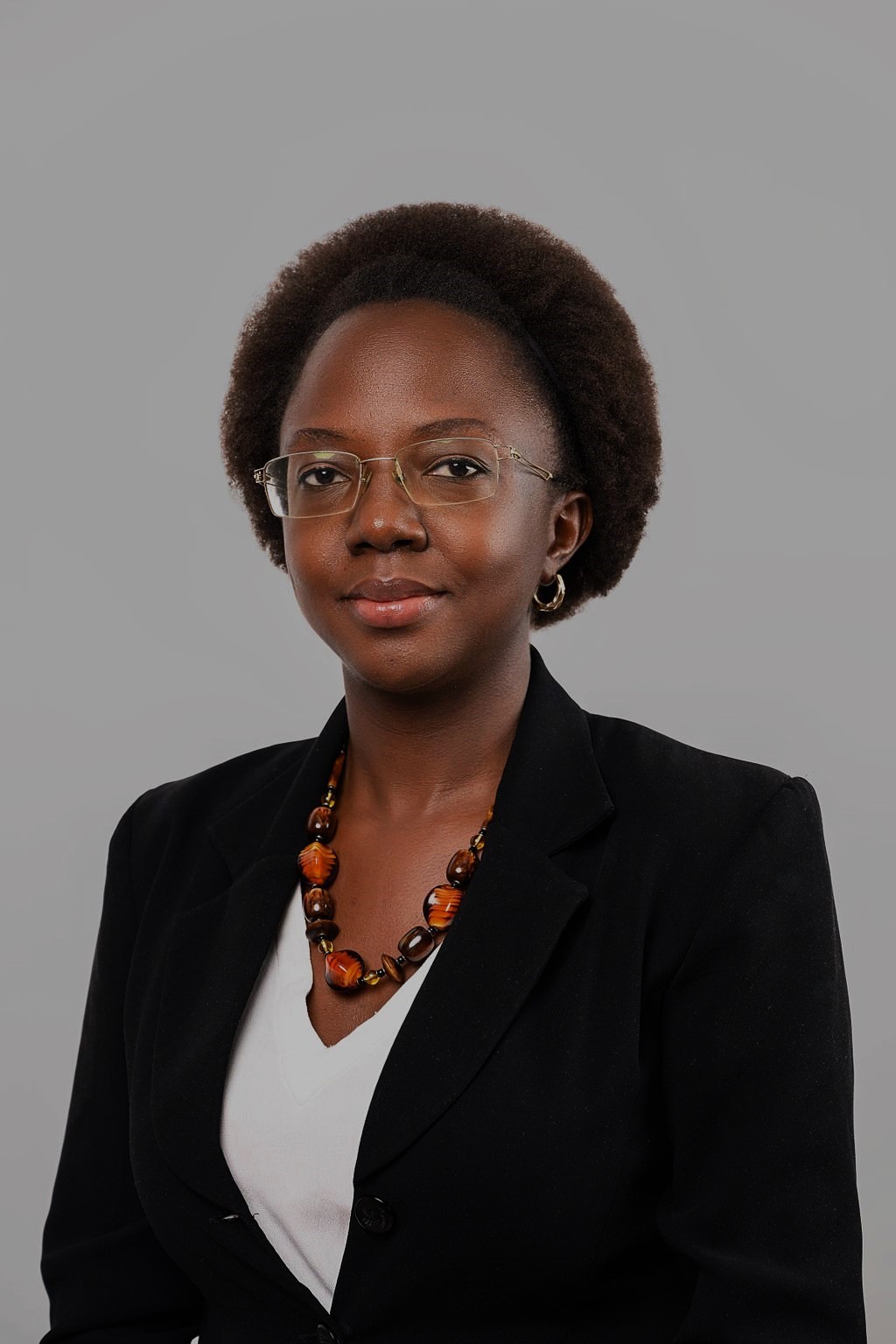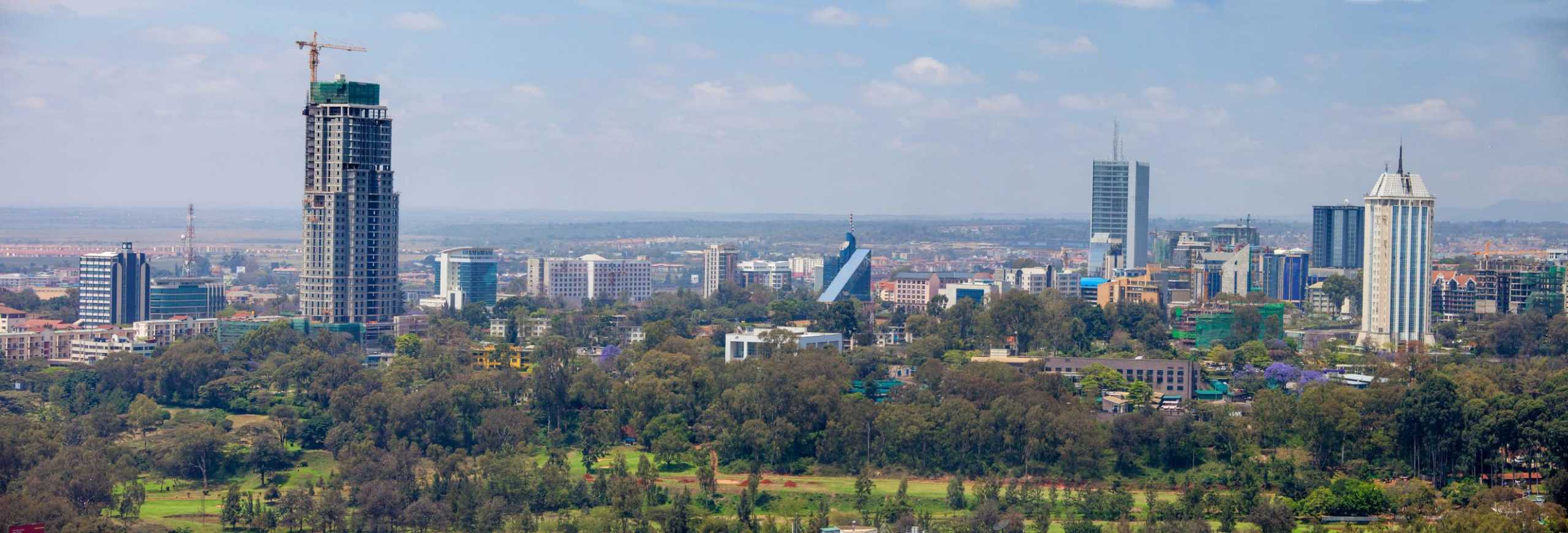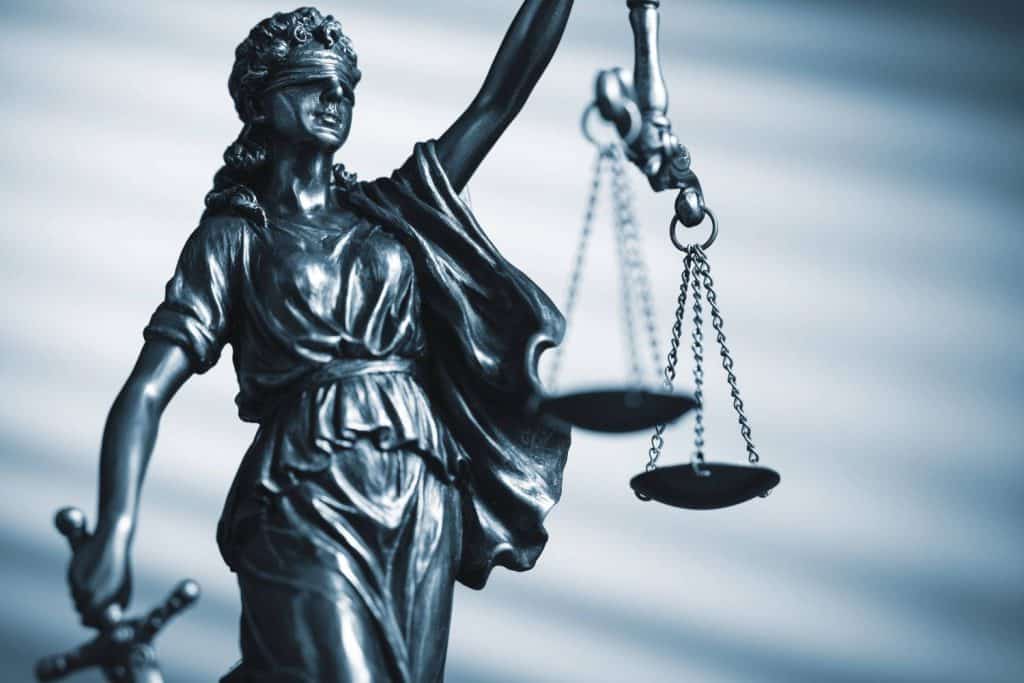FAQ’s
Family Trusts in Kenya and Why you should have one to Protect your assets?

What is the use of a Family trust as an asset protection tool?
An incorporated family trust is a legal entity incorporated on application to the Registrar of Companies pursuant to the Trustees (Perpetual Succession) Act to hold assets for an individual or several individuals called settlors or grantors.
The family trust has legal personality and holds the assets in its own name for the use and benefit of specified family members. A trust can protect your assets for the benefit of yourself and your family as beneficiaries of the trust. Starting a family trust can protect family assets from outsiders in 4 main ways as follows:
- The incorporated trust is a legal entity by itself to hold assets for the benefit of you and your family and this can be useful to protect you from persons whom you owe money in your own name. For instance, a creditor or a judgement creditor. Practical examples: you cause a road accident and you are required under a civil suit to pay the victim accident compensation money and part of the money is not covered by the scope of the insurance policy on the car, if you have no cash at hand to pay the judgement debt your assets may be liable to attachment to pay such a judgement debt. However, if you hold no important personal assets such as land, as you had already secured this in an incorporated family trust – you are well protected.
- Another instance of how it protects your assets for the family is if you marry and your assets are within a trust, it is extremely difficult for such assets to be liable to be deemed as matrimonial assets and thus in event of divorce, the assets you brought into marriage via your trust are protected from being distributable under the Matrimonial Property Act as a trust is the owner of the said assets.
- A family trust is also good because it bypasses the inheritance/succession process such that upon death of the settlor, if the assets are duly held in the family trust, the assets are still available to the use of the living beneficiaries as there is no need to go to court to get letters of administration or probate which can be expensive and subject to legal challenge by objectors and other family members. Thus the family trust removes a huge headache in how your assets are dealt with after your death as assets properly registered in the name of the family trust are only available to beneficiaries and not third party family members who are not named as beneficiaries under the trust.
- Also upon the death of the settlor who is a named trustee, there is a clear clause in your trust deed for how a successor trustee shall be appointed to replace the dead trustee thus it is more seamless and the trust assets are not liable to loss or waste in the period after the settlor’s death as control of the assets is maintained through the successor trustee.
Who can be beneficiaries of your family trust?
- Beneficiaries are named or designated persons in your trust deed whom benefit from your trust. This can include you as the settlor.
- You can name the persons who are living and you can also designate an ascertainable class of people to be your beneficiaries e.g. naming your “children” as your beneficiaries covers your children both future and living as well as biological and legally adopted children.
- Anybody can be a beneficiary of your trust whom you would wish to benefit under your trust including: spouses, life partners, children, and other relatives.
- Obviously it is more prudent to put name beneficiaries whom you know in the trust to avoid inferences of a sham family trust and to avoid challenges from outsiders whom are not as vested in the family benefitting as you may be. The whole concept of a family trust is to benefit your loved ones.
- You can also exclude specified people from being your beneficiaries e.g. your children “except, so and so.”
What is the importance of a family trust deed?
A trust being a personal relationship set up legally for the benefit of your close circle; the trust deed is the most important family trust document that is used to form the family trust.
A trust deed should be drafted by a competent lawyer taking into account your family structure and taking into account the specific objectives you want to achieve through the family trust. An in-depth write up on the trust deed content is in this link here.
- A generic family trust deed that is not tailored to your circumstances can be highly risky to the assets held by the trust as the clauses of a generic trust deed may not apply to your family trust and may lead to unfavorable interpretations down the road in the event of a dispute.
- A family trust deed needs to have cohesive clauses, for instance you may need to have provisos to certain clauses or input conditions to qualify certain clauses in order to adequately capture the spirit of your trust’s objectives.
- For those reasons, it is highly advisable not to use DIY trust deeds without the lawyer’s input.
A family trust deed is the constitutive and governing document of your family trust and as such before having it registered with the registrar of companies, it should have all relevant clauses that ensure the assets in the family trust are protected from outsiders and from waste by trustees of the trust
Can a Settlor be a Trustee?
Yes, the settlor can be a trustee of his family trust if he wishes to retain some degree of practical control over how the assets and income of the trust are invested and used and to steer the investment and use of trust assets towards the objectives of the trust specified in the trust deed
Can the Settlor be a Beneficiary?
Yes, the Settlor can be a beneficiary of the trust although it is best to have more beneficiaries than only the trustee and run the trust for all beneficiaries to avoid inference that the trust is a sham.
How many Trustees can the Trust have?
- The Trustees Act under Section 36 envisages a minimum of 1 and maximum of 4 Trustees for the Trust.
- It is better to have fewer than more trustees for the advantage of cohesive administration marked by less disputes. Often the trustees of a family trust are family members and as the years go by, family disputes can impede efficient administration of the trust thus it is in everyone’s interest to just choose fewer but more competent trustees.
- Also it is cheaper as trustees can be entitled to remuneration for their service in accordance s with the trust deed.
Why is the personality and Character of a Trustee an important factor to consider before appointing a Trustee?
- Note as years go by the views of family members often diverge further thus it is vital to choose a person who is competent, wise, culturally and socially astute, conciliatory and cooperative as your trustee; these tend to be the long-term character traits that aid efficient administration of a family trust for many decades.
- Also note that the family trust in Kenya is likely to be holding land assets which tend to be an emotive subject in Kenya; thus the choice of trustees with the above listed useful personality traits is actually one of the more important decisions when registering a family trust
What type of assets can thefamily trust hold?
- A trust can hold a both movable and immovable property
- Usually the assets people are most likely to settle on a trust include assets such as land, houses, shares bonds, and cash
What is the Process of registering and incorporating a family trust in Kenya?
- Consultation is held with the lawyer to understand the objectives of your family trust, your family dynamics and the assets that you intend to transfer to (settle on) the trust.
- The trust deed is drafted by a lawyer and after reviewing the deed between the client and the advocate, the trust deed is signed before a commissioner for oaths. The signatories are the settlors and the trustees.
- Usually a family trust is irrevocable as the settlor transfers the assets to the trust and once he does this the assets are no longer his but belong to the trust.
- The Trust deed is taken for stamp duty assessment and stamp duty paid on the trust deed.
- After that the document is registered by the Registrar of Documents at Ardhi House.
- Thereafter the next stage of incorporating the family trust begins.
- Registration is done by the Business Registration Service and they require a lengthy list of documents to attach to the application for trust registration, Form TRA 1. These include: the petition to set up the trust, a 1-page summary of the trust, copies of title deeds and recent land searches for the parcels of land being moved into the trust, proof of holding for cash assets to be moved into the trust account evidenced by the settlor’s bank statements showing he holds the money he intends to settle on the trust. Each trustee is to provide their bank accounts, passport photos, contact details, KRA PIN and postal address.
- It takes approximately 1 month to incorporate a trust at the Business Registration Service barring any issues. Issues that would slow down the process e.g. if the BRS return a correction e.g. requesting additional information, this must be provided before conclusion of the registration.
- Once the trust is incorporated, the trustees are notified to collect their certificate of incoporation and this is done in person at 316 Chambers in Upper Hill where BRS is located. You will carry original documents for verification at the time of collection i.e. original trust deed, original bank statements, original ID/Passports and the land searches you provided during the application process.
What are the Post-Incorporation Actions to be taken by the Trustees of a Family Trust?
Once the family trust is incorporated that is not the end of the matter. You now have an entity that is a legal person and you will need to carry out the following post incorporation actions
- Register the Trust to obtain a KRA Pin Certificate.
- Open bank and investment accounts as the trustees may so desire.
- The Trustees and Settlor will liaise to transfer any land assets into the name of the family trust. This comes with separate expenses if using a lawyer to do the conveyancing. Note that in the case of jointly owned land, all owners must agree to settle the land on the family trust for it to be transferred to the trust. An accountant can advise on the stamp duty exemptions in place for land transfer into a family trust.
- Proper records must be kept by the trustees of a family trust with a lot of meticulousness to protect the trustees and the trust assets. Note that as a trust is an asset protection mechanism, accurate and proper records are crucial for the trust to run and to be strong enough to withstand any legal challenges. Thus you may consider appointing a certified secretary/company secretary to assist or advise on the level of record keeping.
- Distribution of any assets or income to beneficiaries over the years must be properly recorded and minutes and trustee resolutions are important records to keep in this regard.
- The Trust can have a constitution that will outline the exact and minute workings of the trust such that there is a written procedure to be followed in all aspects of running the trust. These are essentially standard operating procedures to promote efficiency administration by the trustees and their future successors.
The provision of general information herein does not constitute an advocate-client relationship with any reader. All information, content, and material in this article are for general informational purposes only. Readers of this article should get in touch with us/a qualified advocate to obtain legal advice with respect to any particular legal matter.
Post Author

JOAN MUKOYA
Managing Partner
RELATED ARTICLES


